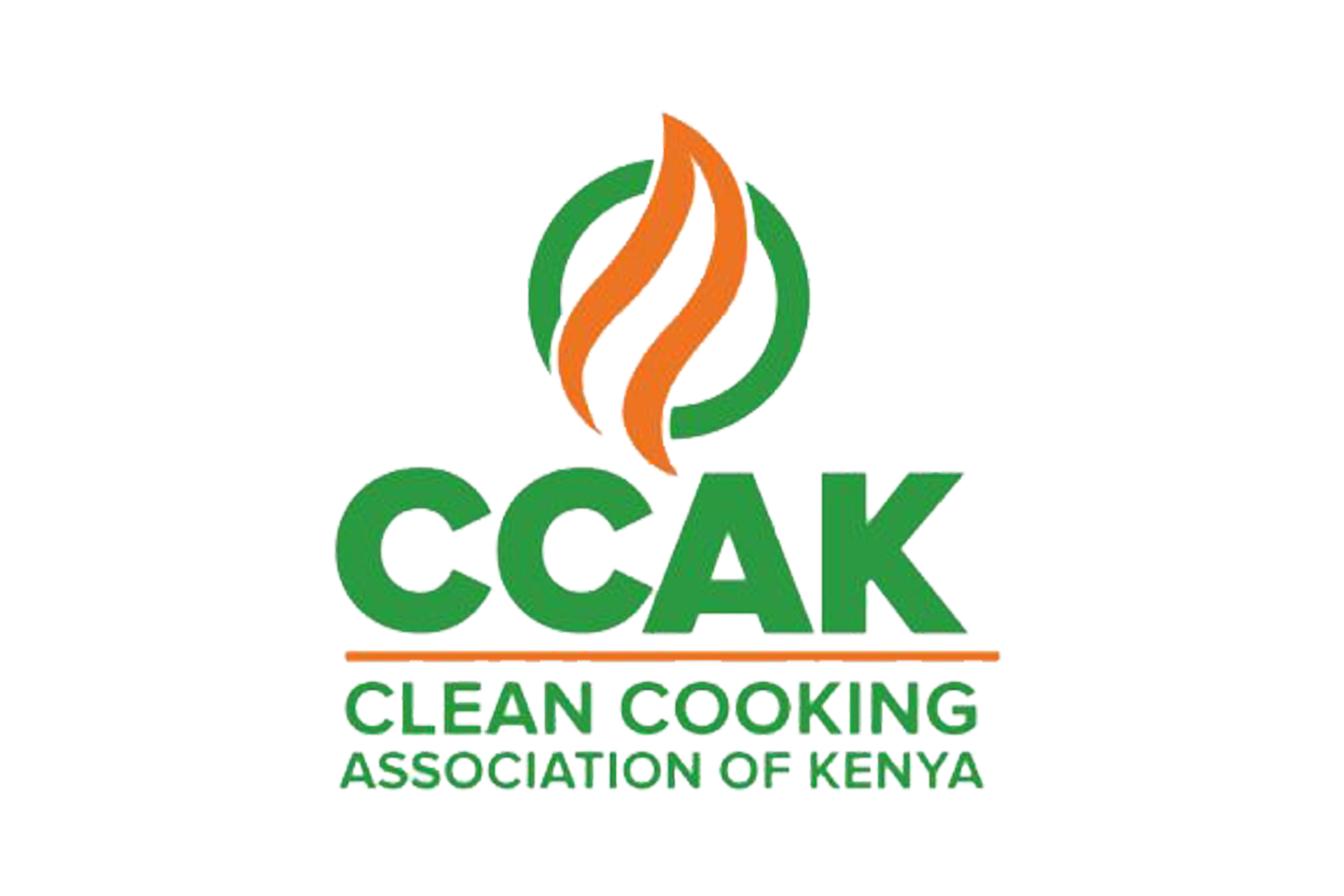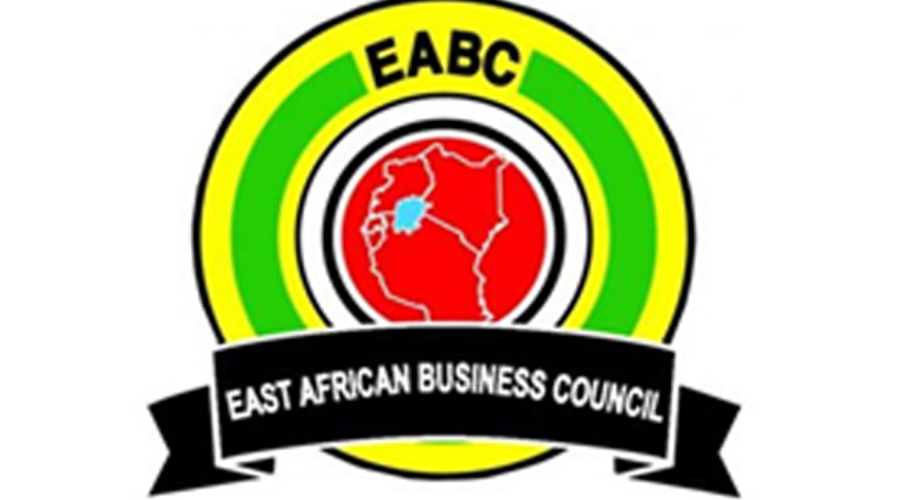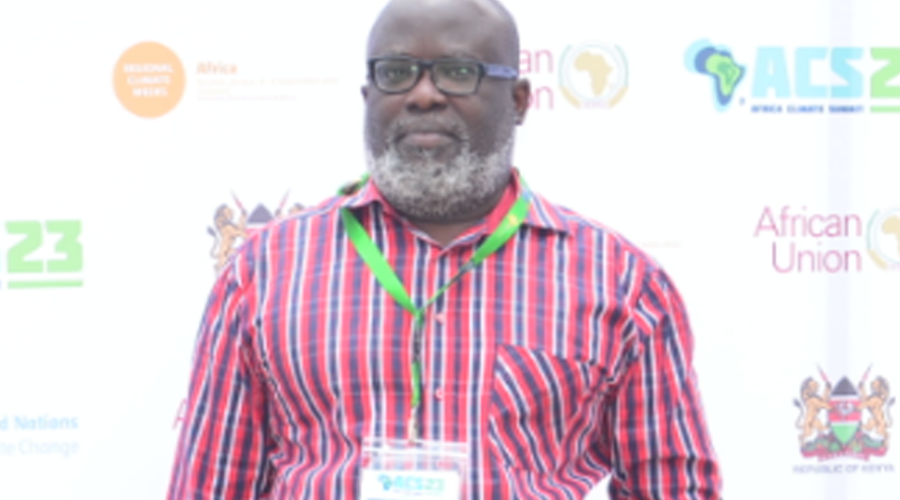Strategy and advisory group, MafAfrique is collaborating with the Ministry of Energy and Petroleum, Kenya and other stakeholders to support the adoption of low-carbon energy innovation, particularly within the context of clean cooking.
“Energy is at the heart of every climate conversation, and the Eastern Africa region is endowed with abundant, easy to scale natural resources other than the traditional sugarcane and cassava. We are keen to work with industry players through advocacy and policy influence to create a conducive regulatory environment that enhances their productivity, efficiency, and, most importantly, sustainability ratings by lowering the overall carbon footprint of their operations through embracing bioethanol technologies that rely on feedstock from nonfood crop sources,” “said Byron Mudhune, Cofounder, MafAfrique, at a recent joint stakeholder workshop in Nairobi.
The workshop brought together industry policy advocacy and international development partners who are keen to transform the clean cooking market irreversibly by significantly increasing the production and sales of cooking solutions, helping Kenya achieve its “Universal Access to Clean Cooking by 2028” and contribute to the NDC (Nationally Determined Contributions) target to abate the emission of 2.8 MtCO2eq in 2030.
“For Kenya to achieve the objectives as outlined in the national clean cooking strategy, a needs assessment for regulations for cooking solutions in Kenya is imperative”, said Dr. Evans Kituyi, Clean Cooking Solutions principal consultant under the Ministry of Energy, Kenya.
The Ministry of Energy and Petroleum (MoEP), in partnership with GIZ-EnDev, is implementing the “promotion of climate-friendly cooking in Kenya “initiative aimed at boosting the growth of the cooking sub-sector through regulating various cooking technologies and fuels.






